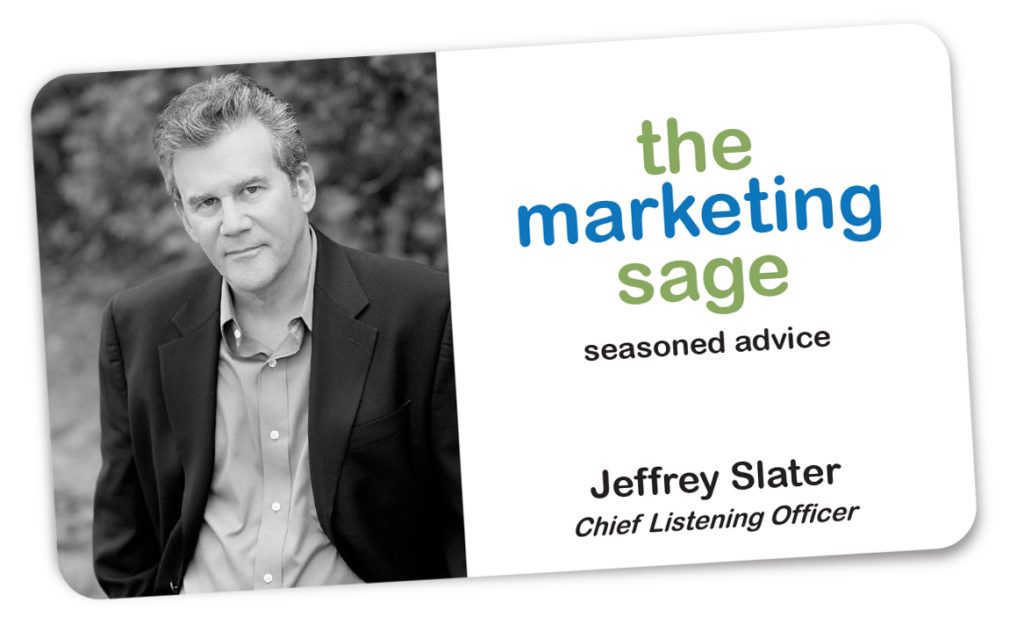If you are searching for a new job, you are marketing a product called YOU.
The great resignation is evolving into the great search for something better. How can you strategically leverage your network to find that next great role?
When asked for advice from my network about job searches, I always suggest they start with a strategic networking document. Friends and acquaintances recognize that when searching for a job, they need to improve how they market themselves and this document is the right tool for the job.
You can help your network help you.
Instead of being too generic, like saying I’m searching for an engineering job, I always recommend that the person seeking put together a strategic networking document to allow your network to help you.
A resume isn’t the right tool for this part of a search.
If you want me to give you a hand, make it easy for me to understand your search requirements. Think of this as creating talking points for marketing yourself.
What exactly is a strategic networking document?
It is information that can help someone help you, like creating a complete picture of the help you seek. This document has nine key sections that make it different than a resume.
You probably know more than one hundred people through networks like LinkedIn. Instead of sending them a resume and asking for help, why not create a document that clarifies your search? A resume is a look back – where a strategic networking document is about the future.
Here are the key componentsof a strategic networking document.
PROFILE STATEMENT: Describe your skill set in a simple, straightforward sentence that perfectly positions who you are and how you are different. Please keep it to one sentence. For example, “I can lead cross-functional global marketing teams that succeed by squeezing value out of every nickel spent in marketing.” Be descriptive and demonstrate that you have something of great value. Or, I’m like the swiss army knife of engineering– I can do it all. A profile statement paints a picture of what makes you unique. Or, I’m that rare candidate with an MBA and a degree in chemistry. Position yourself concisely, which is easy to remember, differentiates you from others, and is easy to share.
ACHIEVEMENTS: List 3-5 successes that will help me tell your story. These examples should help illustrate how you have already been successful in similar positions but focus on what you can do for someone else. If you are looking for a national account management job, give three examples of how you found and closed several outstanding national accounts for a previous employer, demonstrating your record of success — details matter. Your achievements should illustrate how you can help a new employer.
GEOGRAPHY: This section lists the geographic range of your search. Is it national or local? Are you willing to relocate, or are you only looking to work within 100 miles of your home? This information is helpful since it lets your contacts know if you want to speak to people within a state, region, nation, or globally.
TITLES: This document provides a range of titles you believe you are qualified for so that it helps those you reach out to understand what type of job you could hold. Don’t put VP of Engineering if you don’t feel qualified to do that job, but do put Director of Engineering, Sr Director of Engineering, Quality Assurance Manager, etc. The better I understand what role you can fit into, the better your chance that I can help you.
TARGETS: What are the target companies in your search? If you are specific with ten companies, it is easy on LinkedIn or other networking sites to see who works there and to try and network with those companies. If I know you are interested in a job at ConAgra Foods, I may be able to help because I did work for them for several years. Within my network are colleagues who still work at the company and know people within the organization. If you tell me you are interested in the food business, it leaves me hungry for more information — details help. Tell me that you want to work for companies like up-and-coming Impossible Foods versus an old-school food company like Campbell’s Soup.
INDUSTRIES: Knowing that you are focused on specific vertical or horizontal markets is helpful. A vertical market is a particular industry (like soft drinks or wood decking), whereas a flat market could be all distributors or IT departments in any industry. If your networking helper knows this, it is another way for them to search through their network to assist you. Also, tell me industries you don’t want to work in, like tobacco or military suppliers, if that’s important to you.
PROFESSIONAL STRENGTHS: This is useful wherein a few phrases or keywords, I can learn what you are good at doing. Are you a great storyteller, or do you have deep competencies in six sigma lean management training? Are you a business analyst who can digest reams of data and turn them into insights? Or, are you a consummate business development professional capable of networking your way into new clients?
A few key buzz words go a long way to help me understand who you are and what your core competencies are. Keep this short and sweet too. I recently helped a former agency executive with specific animal welfare marketing expertise. When I learned about an opening in a division of an agency specializing in that area, she was the first person who came to mind, and I shared the job details. (she got the job!).
ORGANIZATIONAL GOALS: Are you looking to work for a firm that values market insights or needs a hyper-creative thinker? Do you want to work for a manager who loves your extraordinary work ethic or appreciates your interpersonal skills? I was hoping you could help me understand what your dream company looks like as I search through my contacts for people to connect with you. Your goals add another shade to the picture you are painting and help me help you.
USEFUL CONTACTS: Who can help you? Do you want to speak to people who are General Managers or Project Managers? Do you need to get in front of owners of architectural firms or software coders? If you only want to talk to IT Directors, I can search for those contacts through my LinkedIn database. Help me help you by giving me an idea of who could move your search forward? HR folks are typically not the right people to network with if you are looking for a job – find the hiring manager.
Help Your Network Help You
The best way to get help from me or anyone else you are networking with is to give them the tools to assist you. A strategic networking document is a powerful tool that works to allow you to get the help you need.
When I received a document like this, I became another listening node for my friend. If I hear someone tell me they are searching for someone with specific skills, I can make a connection if I know your abilities and desire to fit this need.
Hint: One more tip- can you put this into a chart, well-designed PDF, or infographic so that it can fit in the body of an email. Make it easy for the person you are networking to read your strategic document easily. A professionally designed version of this document helps you stand out – like packaging.
Make it easy for me to help you. Finding a new job means you are marketing yourself through your network.
Network strategically.
You can set up a time to chat with me about your marketing challenges using my calendar. Email me jeffslater@themarketingsage.com Call me. 919 720 0995. The conversation is free, and we can explore if working together makes sense. Watch a short video about working with me.
Photo by Marten Newhall on Unsplash





